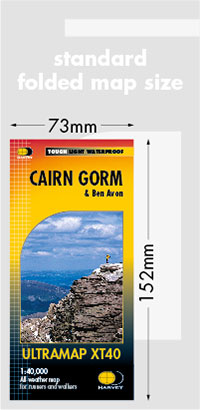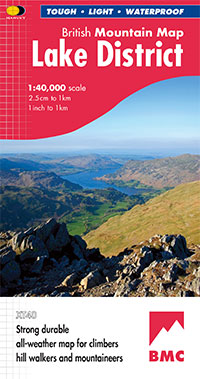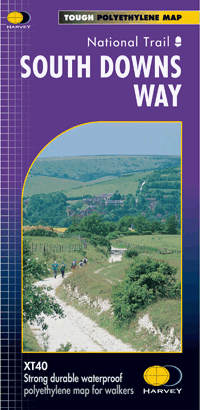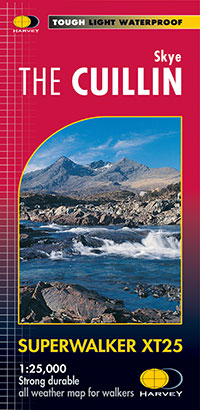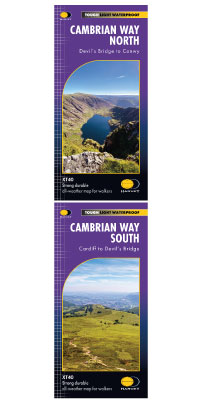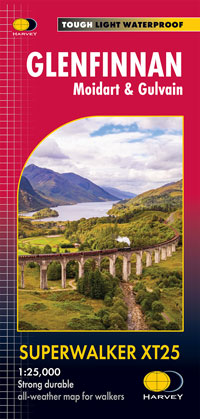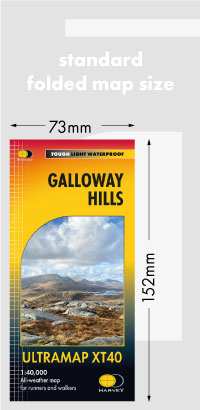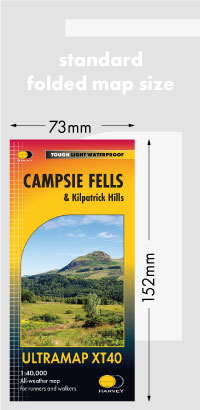A Career in the Outdoors
by Nigel Williams
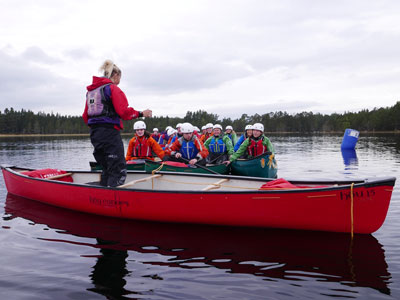
The situation is very different today! People with relatively low-level qualifications that would only have been used in a voluntary capacity 35 years ago can now earn sufficient income to make a living. Governance and professionalisation of the sector are among many factors that have driven this change, yet there is actually no legal requirement in the UK to hold an outdoor qualification. However, without them a career is a non-starter.
The rapidly growing outdoor and adventure activities sector finds itself relevant in the wider field of education, tourism and health (physical and mental). The sector also spreads into environmental education, wildlife and countryside ranger work and rope access work.
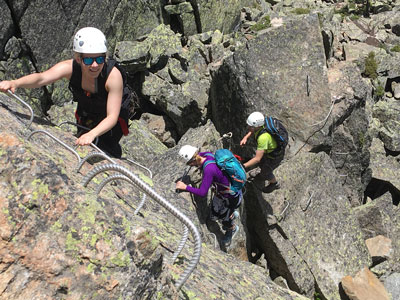
Weighing up the costs of university fees against the costs of gaining outdoor qualifications is a key decision. A quick calculation of the cost of all the outdoor qualification courses I have attended at today's prices comes to around £25k spread over my first 15 years in the business. It compares very well with the cost of university course fees in England and Wales. However, that is simplistic. There are also costs to gaining a lot of outdoor experience, but universities usually have very active and subsidised climbing, biking and kayaking clubs.
Long term, many in the outdoors can start to suffer with joint issues - knees, backs, hips etc. 10 - 15 years before reaching retirement age. In most sports people give up participating in the activity when they are in their 40s and take up coaching from the side of the pitch, court, pool etc. You can't do that working in the outdoors. A degree can help support a long-term career in the sector, widen job security, employability and possible management roles. One can also more easily change careers if life circumstances change.
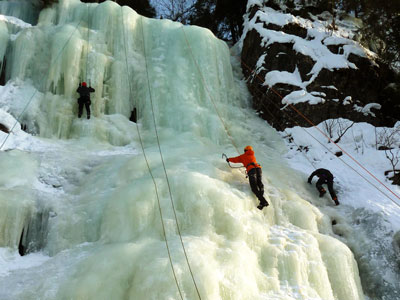
Traineeships at outdoor centres are highly sought after as they offer both the experience of working with groups as well as gaining experience and training for the qualifications. They often involve free training and NGB courses and board and lodging, but minimal pay.
There are literally dozens of outdoor qualifications to work through across a multitude of outdoor activities from walking and climbing, kayaking canoeing, sailing, mountain biking and snowsports etc. Then there are more niche activities such as diving, orienteering and archery, plus useful add ons for employment such as the National Navigation Award Scheme Tutor and the Duke of Edinburgh's Award supervisor, and assessor accreditation.
There are usually a range of qualification pathways to choose from, such as coaching for competition or leading/instructing for recreation, and even an adaptive pathway for working with disability groups. The vast majority are for use in the UK, although there are a few higher end qualifications recognised abroad. Expedition work is an area of opportunity. Only a small handful of countries actually regulate outdoor instruction, which leaves most of the world open to UK outdoor instructors provided they are working within the technical skills remit of their qualification. Companies like World Challenge for instance will use a UK summer Mountain Leader award, along with some experience of the country to be visited, as sufficient qualification for trekking.
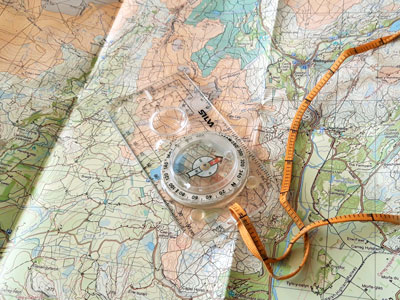
This is an important point. One can become highly qualified by simply using weekends and holidays from the real job or University study. I have had many a discussion with people wanting to give up their regular employment and seek a career in the outdoors. My advice is always don't give up the day job and a steady income until you have a few qualifications under your belt. There are often work opportunities on weekends and holiday times so you can also start to get a foot in the door with one or two local activity providers prior to the career change.
The summer Mountain Leader (ML) award is the general outdoor sector bench mark and will open doors into the sector. Achieving the ML requires about 60 days of experience with a week of training and week of assessment. Each of those courses is around £500 and there is no time restriction between them.
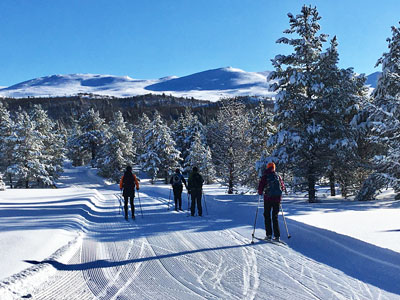
Return to the Navigation Blog
 FREE UK tracked delivery
FREE UK tracked delivery Order by 12pm Mon-Fri for same day dispatch
Order by 12pm Mon-Fri for same day dispatch

